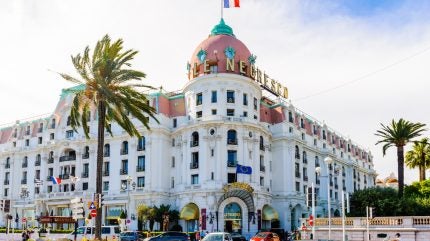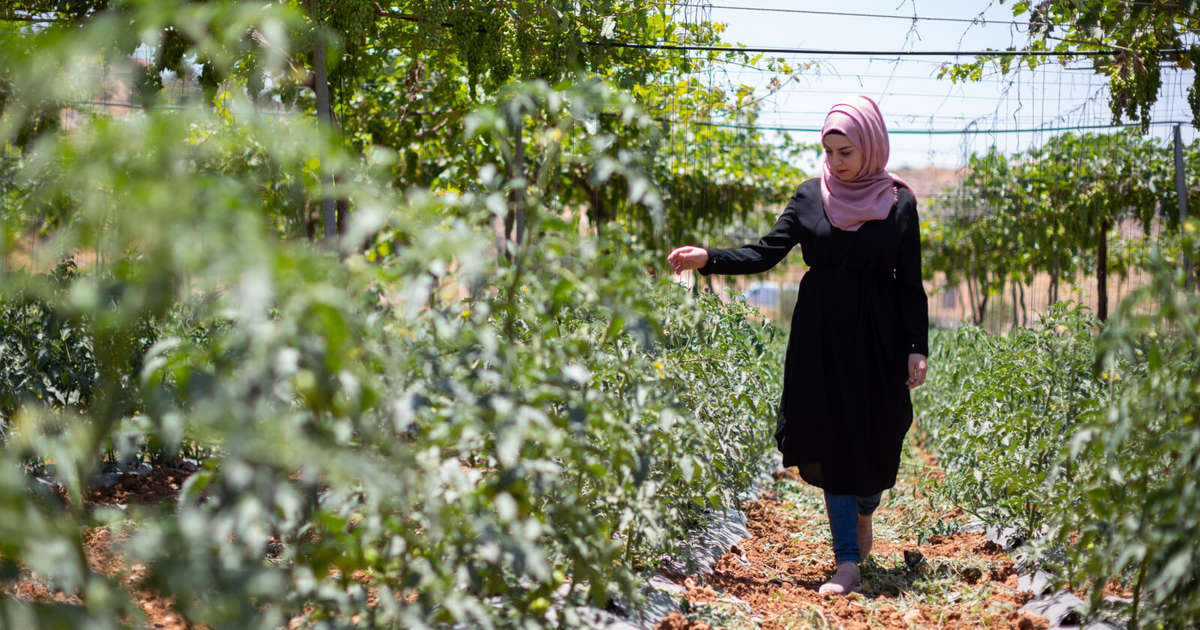
 The regulations assess energy use, water consumption, carbon emissions, and sustainable sourcing across all aspects of hotel operations. / Credit: Anton_Ivanov via Shutterstock
The regulations assess energy use, water consumption, carbon emissions, and sustainable sourcing across all aspects of hotel operations. / Credit: Anton_Ivanov via Shutterstock
France has introduced a law requiring all hotels to commit to verified climate actions, aiming to make the country’s hospitality sector more sustainable and transparent.
The legislation, part of France’s broader “climate and resilience” framework, sets mandatory environmental certification targets for hotels by 2026.
Discover B2B Marketing That Performs
Combine business intelligence and editorial excellence to reach engaged professionals across 36 leading media platforms.
Find out more
Mandatory environmental labels for all hotels
The French Parliament adopted the law in 2021, establishing rules for environmental labelling across the tourism sector. Hotels are now required to obtain government-backed eco-certifications, which assess their environmental footprint and adherence to sustainability practices.
This includes energy and water usage, carbon emissions, and the use of organic or EU-regulated “green” products in food, laundry, and hotel operations.
Industry representatives report that the new certification system applies to every aspect of hotel operations, from guest services and breakfast offerings to heating, lighting, linen, and cleaning products.
Each hotel undergoes a detailed audit, sometimes collecting hundreds of data points, to calculate an “environmental score” ranging from A to E.
Reducing environmental impact and operational costs
French hotels collectively contribute around 7% of national greenhouse gas emissions, while also consuming significant water and energy resources and generating food waste.
Officials say the new environmental labelling is designed not only to lower carbon output but also to reduce long-term operating costs.
Sustainable practices already being implemented include energy-efficient lighting, low-flow taps and showers, induction cooktops, and double-flush toilets. Some hotels have reported energy savings of more than 10% while accommodating higher guest numbers.
Analysts note that for a typical hotel, improving environmental performance could save up to €15,000 annually.
Government subsidies drive adoption
The law has coincided with increased government support for sustainable hotel upgrades, covering 50–70% of the costs needed to meet certification requirements.
Many hotels are already pursuing these eco-labels, ranging from historic initiatives such as the Clef Verte programme to newer local certifications.
In Lyon, around 40 hotels have applied for subsidies covering up to 80% of certification fees, reflecting a broader trend as France positions itself as a leader in eco-responsible tourism.
Industry experts emphasise that mandatory climate certification will create clearer transparency for guests while pushing hotels toward measurable environmental improvements.

Sign up for our daily news round-up!
Give your business an edge with our leading industry insights.


